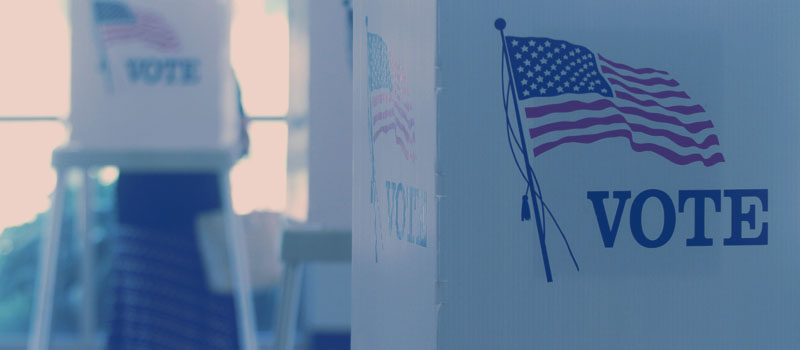Honigman Capitol Report
 |
Budget Implementation Bills Move ForwardSix of the nine budget implementation bills scheduled for the House Appropriations Committee were voted through the Committee and through the House last week with five of the six receiving zero bipartisan support. Sources indicate that the six bills were chosen because Democrats believe they could earn immediate effect in the Senate while the remaining bills require more work. The group passed out today includes HB 4992, which expands the City Income Tax Act to include cities outside of Detroit if they partner with the Department of Treasury. The bill allows employers who do not do business in a city that has partnered with the Department to register to withhold income taxes on employees residing in that city. Currently, registration is limited to Detroit. Additionally, HB 4998 and HB 4999 passed to the Senate. These bills amend the Grain Dealers Act by extending licensure decision requirements by the Michigan Department of Agriculture and Rural Development from 30 to 60 days. HB 5001, amending the Farm Produce Insurance Act to reduce compensation and reimbursement thresholds for voting members, and HB 5002, which reduces annual contributions by universities to the Michigan Public School Employees’ Retirement System, both passed as well with HB 5002 being the only bill to receive bipartisan support. Last, HB 5006 moved forward which would amend the Michigan Trust Fund Act to extend the timeline for required tobacco settlement revenue deposits into the 21st Century Jobs Trust Fund from through Fiscal Year 2023 to Fiscal Year 2026. |
 |
 |
|
Detroit Museums May Receive Taxpayer SupportThe Charles H. Wright Museum of African American History and the Detroit Historical Society (DHS) could receive taxpayer support through a property tax millage in Wayne and Oakland counties. HB 4177, sponsored by Rep. Tyrone Carter (Democrat), cleared the House Regulatory Reform Committee, paving the way for a potential .4 mil for up to 20 years to go to the museums. Major repairs and maintenance are required for both the museum and the two buildings housing the DHS. Currently, the Detroit Zoo and the Detroit Institute of Arts (DIA) have authorities that oversee property tax-millage arrangements. Democrats supported the bill unanimously while one Republican voted no with remaining Republicans passing on the vote. |
|
Election Intimidation Bills Sent to the House FloorThe House Elections Committee reported bills that would make it illegal to intimidate election workers to the House floor last week. HB 4129 and HB 4130 moved out of committee with a 6-2 party line vote. The bill sponsor, Rep. Kara Hope (Democrat), stated “tensions are high. There’s a lot of hostility around elections now unfortunately…this isn’t going to cover someone if they’re just rude in a polling place. You have to be doing something that you intend to disrupt the election and that’s also causing someone to be afraid.” The committee also heard testimony on Sen. Erika Geiss (Democrat) sponsored bill SB 385 which changes the rules for how clerks can accept applications for election workers. Currently, election workers are required to fill out paper applications in their own handwriting, the proposed legislation would allow for electronic applications. |
 |
 |
|
Energy Legislation RevisedSenate Democrats have announced revisions to their energy legislation that redefine the types of energy that qualify towards the 100 percent carbon-free power requirement proposed and pushes back the date the requirement would go into effect. Previous versions of the legislation would require utilities to get to 60 percent renewables in 2030 through 2034 and up to 100 percent by 2035. The new thresholds would be 100 percent carbon-free power by 2040 and 60 percent renewable by 2032. While the proposed changes are still in progress, the carbon-free standard does appear to be looser than a renewable-only standard under the original proposal. Energy types included would likely be nuclear, natural gas and other forms of energy besides the currently qualifying solar, wind, water and waste-to-energy forms. The fully drafted legislation is was released last week to the public and already elicited much stakeholder discussion. |
|
Looking AheadThis week, look for the House and Senate to finish up budget implementation bills necessary for the October 1 beginning of the next fiscal year. With the finalization of the impending fiscal year budget, state agencies will immediately begin planning for the next legislative budget cycle. Executive agency feedback is, eventually, considered by the Governor’s office, marking the first steps in next year’s executive budget proposal. |
Related Professionals
Related Services
Media Contact
To request an interview or find a speaker, please contact: press@honigman.com
